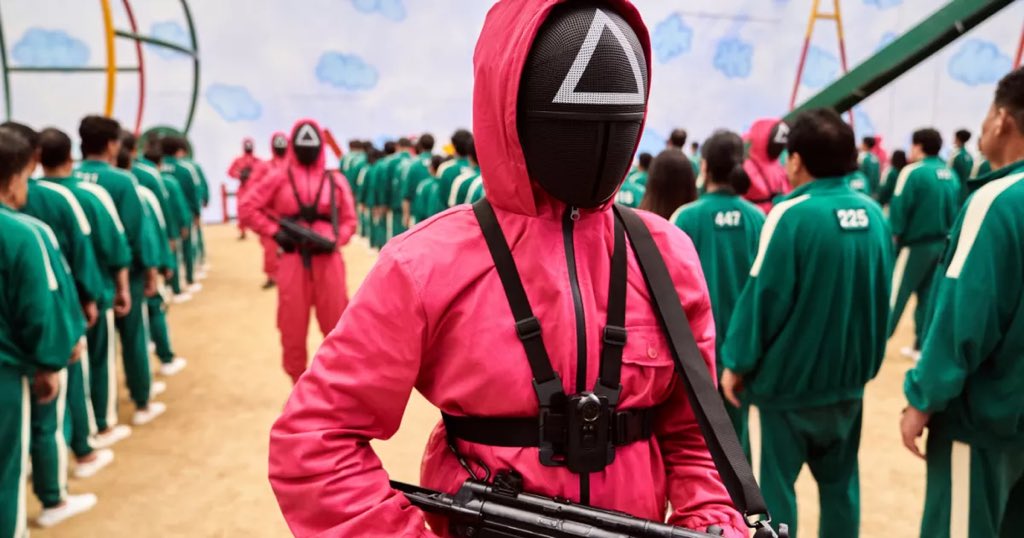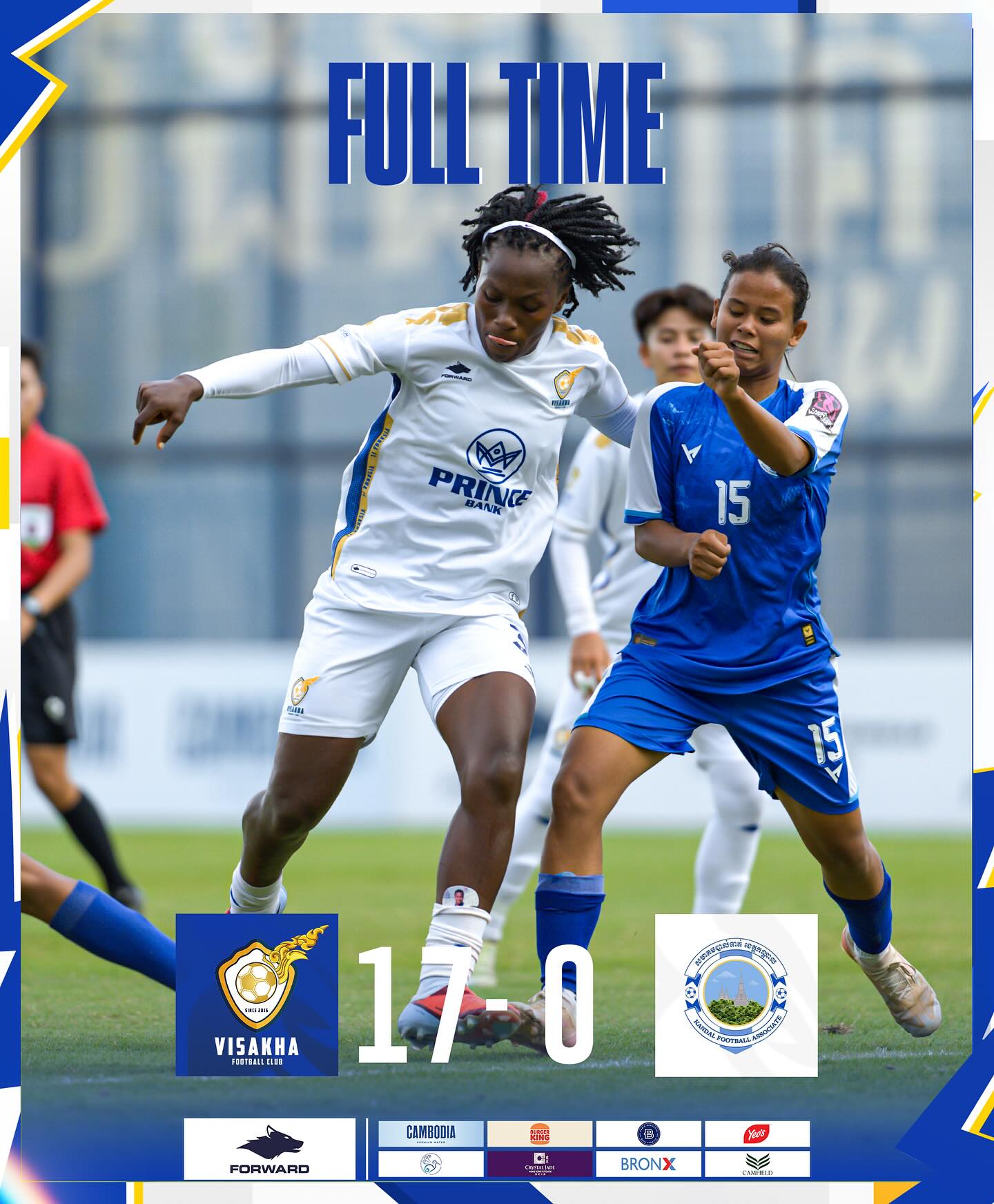We have all seen the crazy and psychopathic Netflix series called “The Squid Game”. The original Netflix series which is set in South Korea has been the talk of the town for weeks after debuting and has been number 1 in more than 80+ countries. It’s basically a group of humans who have waived their human rights after being in debt, and are competing with fellow debtors for a huge amount of cash prize in a “win or die’ series of games. It’s even much crazier because the games are indigenous to the people of Korea; these were games they played as children and were quite familiar with.
Now just imagine such psychopathic simulation took place in our country Nigeria; what are the games that would be played? The bigger question after seeing the games would be: would you participate? This article would highlight 6 of the biggest indigenous games we played as children in Nigeria, and try to imagine how the chaotic simulation of the Squid game would be adopted in this context.
HIDE AND SEEK

This is one of the most popular games played by children in the world, especially in Nigeria. It consists of children grouping themselves into two; one group would be hiding and the other group would be seeking/searching for those who have gone into hiding. If you are caught, you lose the game as a hider. If you can’t catch anyone within the time frame, you lose as a seeker.
Squid Game Adaptation – Contestants are grouped into two; hiders and seekers. Each hider is given 5 minutes to hide comfortably. Each seeker is given a loaded pistol. The goal is to find those who are hiding and to confirm your movement to the next round, you shoot the first person you find dead. Interesting right?
CATCHER

The international name for this game is “Tag”. It involves a group of children (5-10 or more we will call the “free”) who will run around an arena, trying to dodge being touched by one or two other children who are tagged “Catchers”. When the game begins, those who are catching would run after those who are free. The idea is to “tag” those who aren’t catchers, because once a catcher touches you, you automatically switch roles and become the catcher, while he becomes free.
Squid Game Adaptation – Players are grouped into groups of 10 with 2 catchers and 8 free people. Over a course of 20 minutes, the players with the 3 most tags after the time is up would be shot by a squid soldier. Let the chaos begin *glass cup clicks*
TINKO
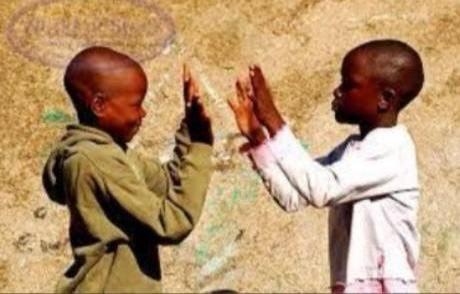
This is a very popular children game played by two people clapping each other’s hands in an organized rhythm, according to the hand pattern of the popular “Tinko Tinko” game. It’s done at a relatively fast pace which is aimed at forcing either of the players to think quickly and eventually make a mistake for a winner to emerge. Everyone claims to be a champion in this game … well till they are not.
Squid Game Adaptation – Players are grouped into twos and each group is to play a best of 5 series to determine who will be eliminated. Once a player wins the third time, the squid soldier assigned to that group will shoot the eliminated player. Phew!
AFTEROUNDWAN
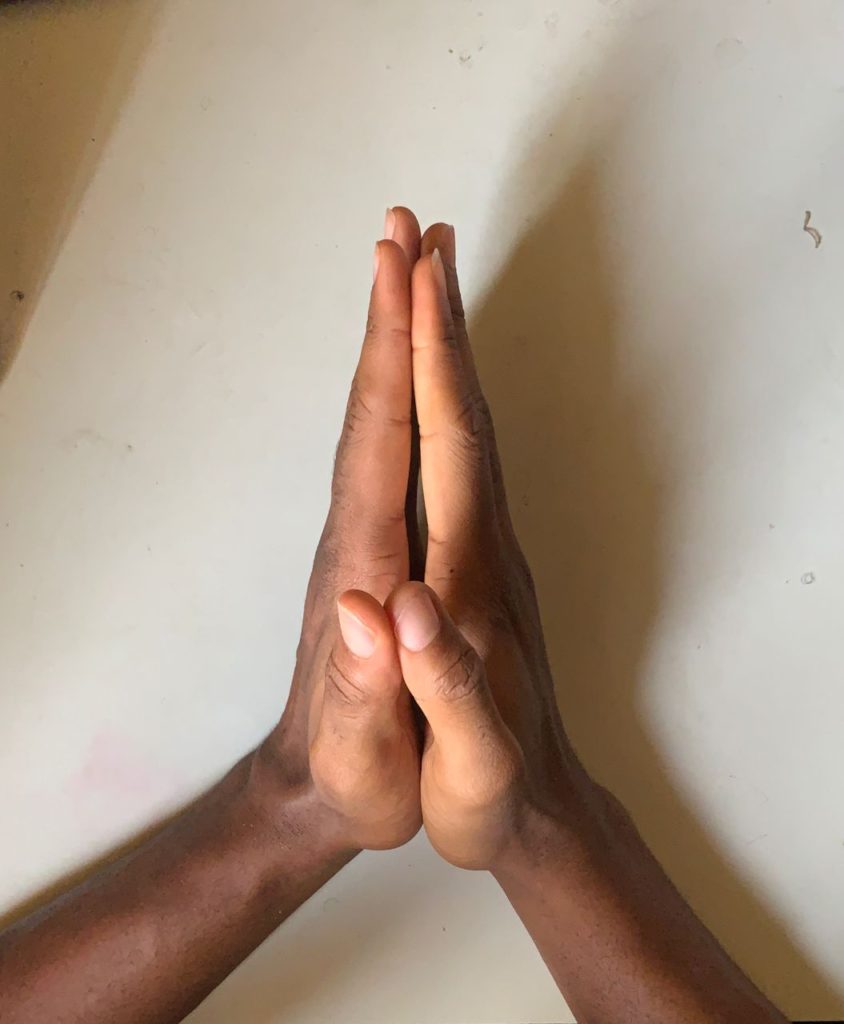
“After round one original Panadol extra…” rings a bell right? This wicked game is played by two or more players which is basically a number guessing game. The players would show a number with the fingers on one palm, and the summation of the numbers would determine who wins or loses the game. The losers would put out their hands and other players would take turns in slapping the loser till he/she dodges being hit by any of the players and the game is restarted. This game caused a lot of fights in the past because the game requires you to hit the player who loses, therefore making it slightly unbearable if someone perpetually loses.
Squid Game Adaptation – The players are grouped into a group of five players each, and the game is played for 10 minutes. The two players with the most losses out of the 5 would be eliminated by the squid soldiers assigned to each group.
WHOT GAME
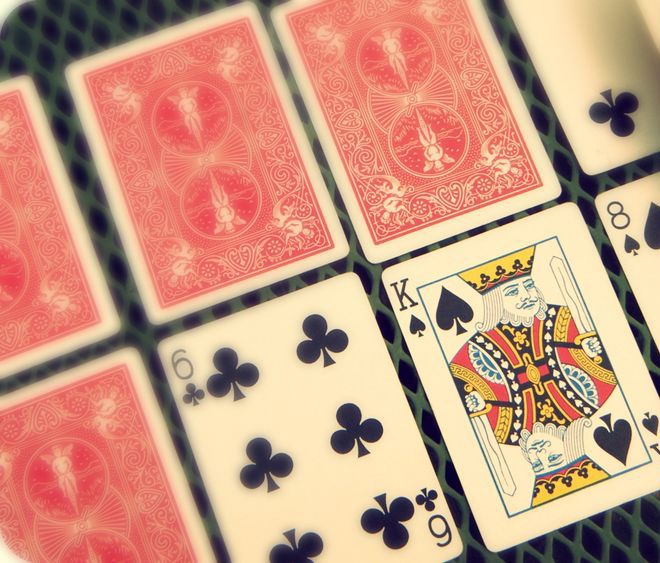
The Whot card game was played so much when we were younger that you’ll think it originated in Nigeria. It is played by two or more people and a set of Whot cards, with the aim to exhaust all your cards before anyone else. If there are more than two players, the losers would be determined by the player/players who has the highest number after the summation of the card numbers in each player’s hand. This game got family and friends into friendly feuds, with everyone constantly trying to prove they are the best at it. Imagine the chaos if it is to be a survival mode game.
Squid Game Adaptation – The last set of players would be grouped into five each, playing a simple game of cards. When a winner emerges (checks up), the two players in the group that have the highest amount of cards after addition would be gruesomely eliminated from the game.
MUSICAL CHAIRS

This is without doubt one of the penultimate games in Nigerian history. A game that both adults and children can participate in, it could be said that it was played in almost all the birthday parties we had to go to as kids; and is still very commonly played till date. Chairs are arranged in a line and the people in the game dance around in a circular pattern as the music plays. Once the music stops, the goal is to sit down immediately before the next person, because the chairs available fit the exact amount of players minus one player; therefore, one person would be knocked out. After a player is knocked out, a chair is removed and the game continues just like that till there is only one chair left and two players, who will battle it out for a winner to emerge.
Squid Game Adaptation – The last set of players would be lined up to play the musical chairs game, and every player who loses a round would be eliminated. Because of the decisive nature of the game, the last man standing would therefore become the winner of the Nigerian Squid Games, winning the total prize money and some party packs!
Which other indigenous games do you think could make for a perfect squid game adaptation?

